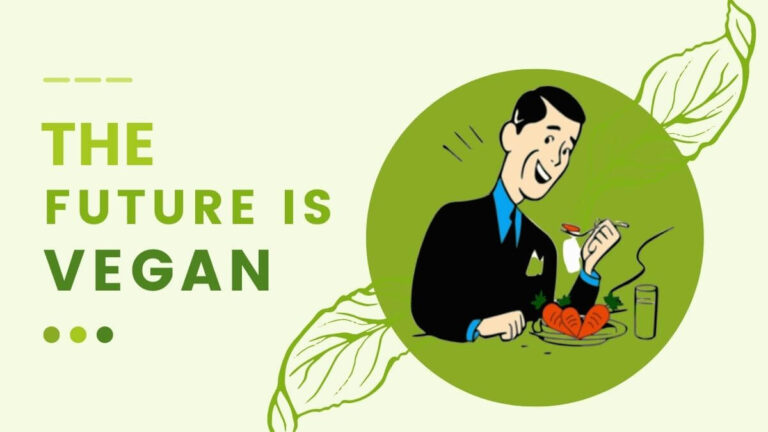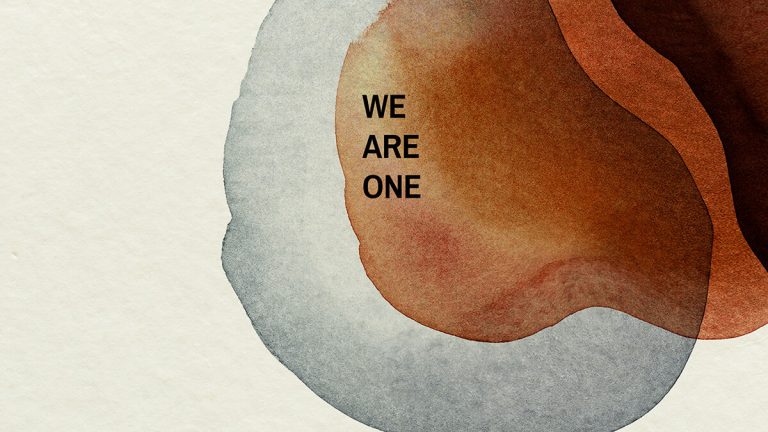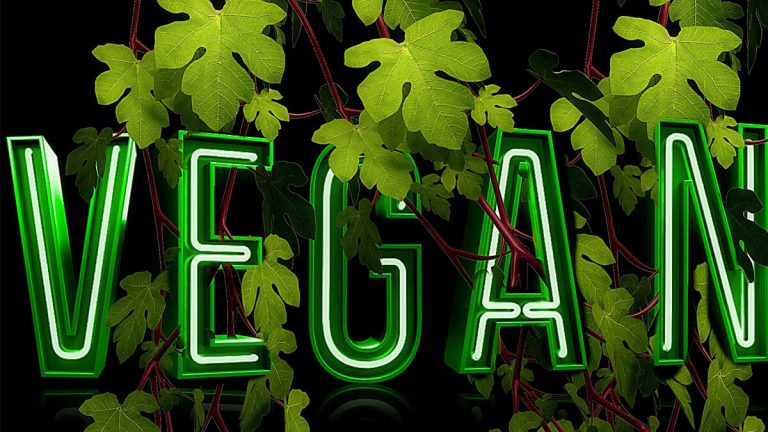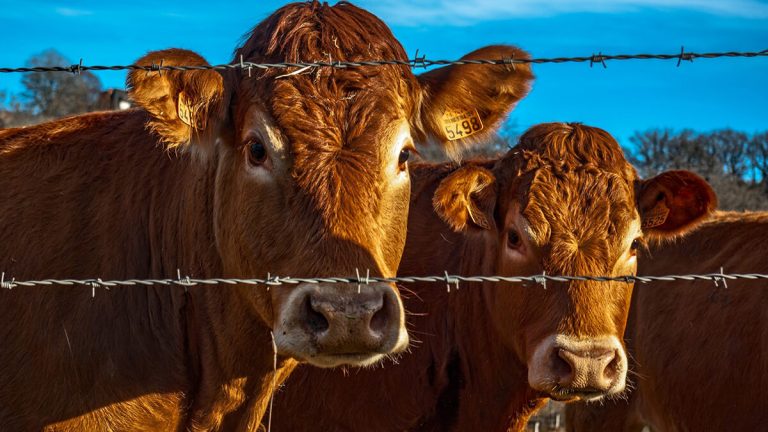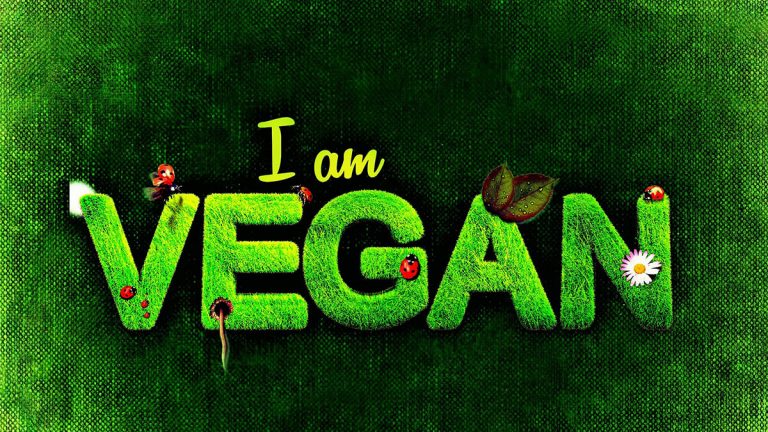With more people becoming aware of the benefits of a plant-based diet, it’s only a matter of time before the majority of the population is on board. Animal agriculture is already on the decline, and with growing awareness, it’s only continuing to fall.
Unconscious human acts will lead us to a vegan future
It is well-known that humans are not aware of their acts until they face the problem they have provoked. When we start facing the terrible consequences of climate change, it will be late to push the “back” button. But destroying our planet will only have deadly consequences for us, as the Earth has the power to regenerate. The sad truth is that the planet would be in much better shape if there were no humans.
So there are radical measures to undertake to save us and the environment. Animal agriculture is a leading cause of climate change. By switching to a plant-based diet we can help take a stand against this devastating issue. Additionally, veganism is better for our health as it can help reduce the risk of developing chronic diseases such as heart disease, obesity, and cancer. Plus, it’s more humane! The animal agriculture industry is notoriously cruel, so by ditching animal products, we can help to end this unnecessary suffering.
